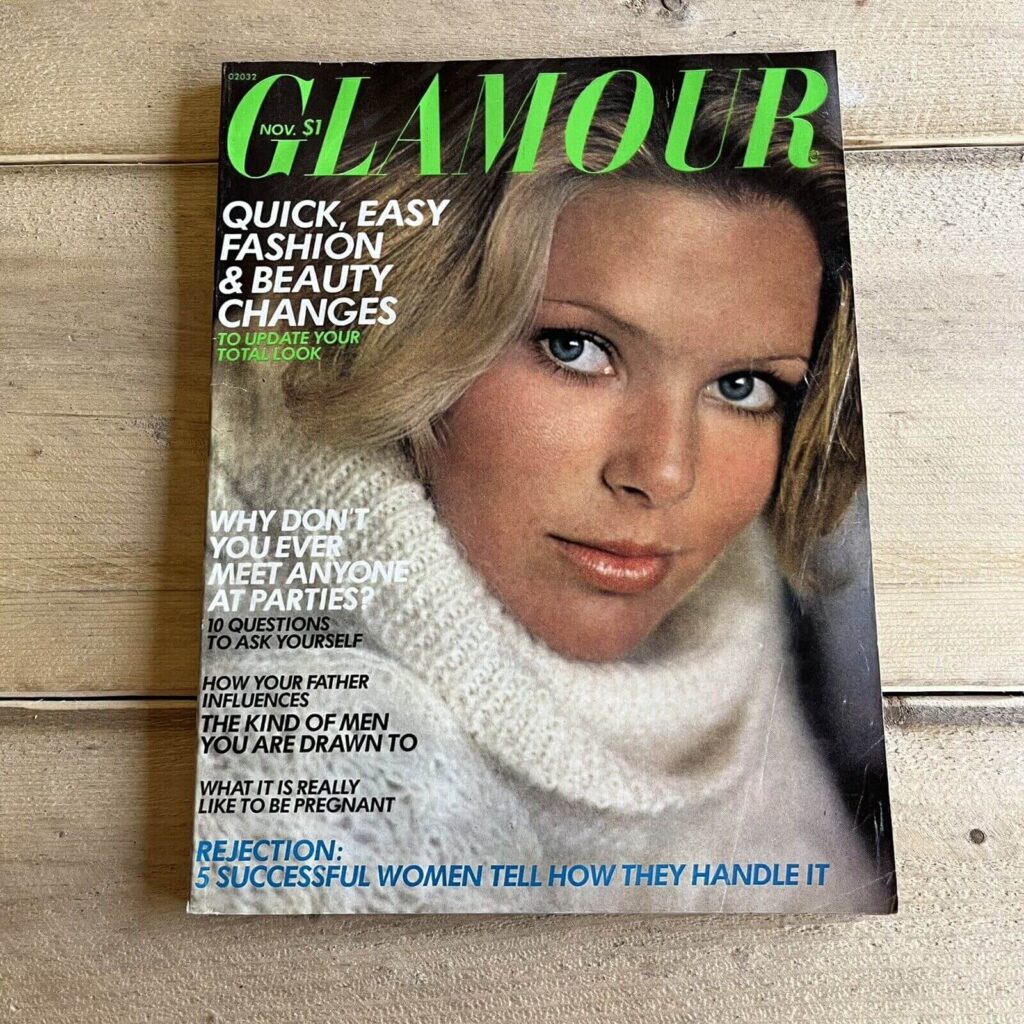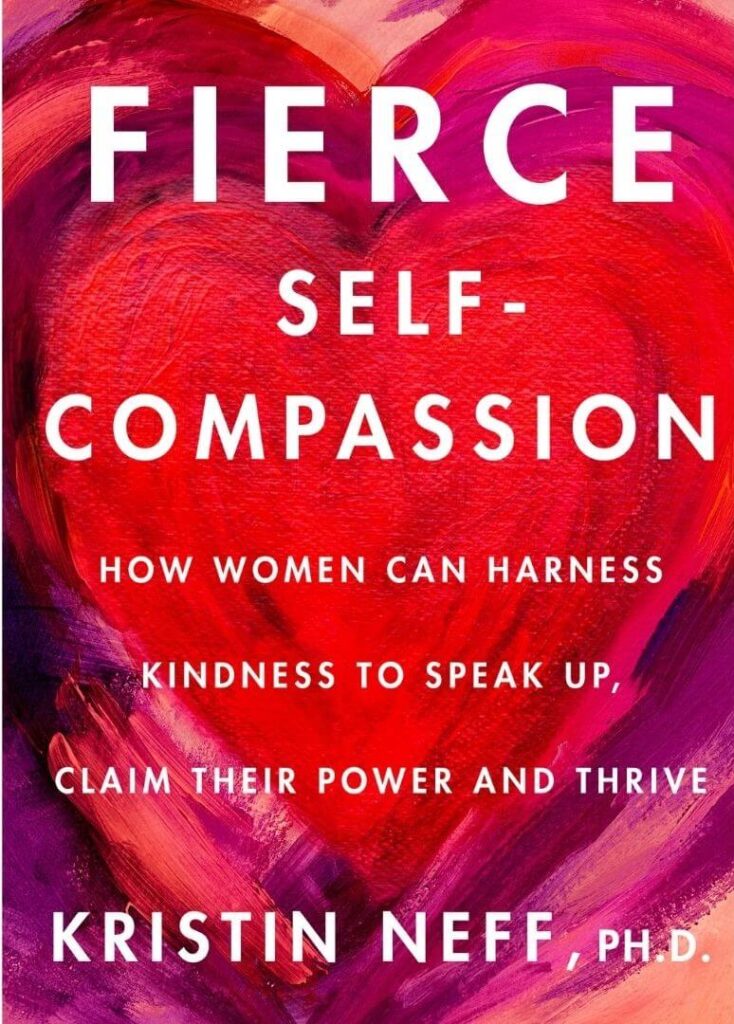During my teen years I was told by (Glamour Magazine 1970s?) that I should be able to see that my abdomen had a sunken place between my two hipbones that would reveal whether or not I was fat.
I laid down on the floor, as instructed, and asked my mom, dad, sister, and brother whether the sunken area was “sufficiently sunken” enough to indicate I was the right weight.
I’m pretty sure I got an equally harsh way to judge my value in measuring the angles of my face (using a pencil) to see how much real estate my eyebrows took. Yup, another area I was falling short of the Glamour ideal teenager. Mine were too thick and needed to be made wayyyyyyy thinner.

I may have not had a concave belly, but I was determined to improve my brows and set out to pluck them mercilessly, and then pluck again and again. I needed to ice down my brows to reduce the swelling. It was harsh.
Wish I could go back and give that girl a hug.
I have a hard time accepting the need for me to adapt a soft + kind appreciation for myself. The idea of allowing myself compassion has never been intuitive. I thought being hard on myself was the way to success.
Do you remember the first time you gave yourself a break for being imperfect? Or wait…
HAVE you ever given yourself compassion?
Better yet, have you offered yourself FIERCE self-compassion?
Before I set out on a journey to figure out aging for myself, and looked for ways to improve my way of showing up in this world, I was NOT raising my hand here. I was going for harsh self-improvement, not self-compassion.
Then I heard Dr. Kristen Neff’s system for self-compassion. I dove right into her book and heard her featured on various podcasts.

Reading this book helped me see how I was treating myself with fresh eyes. I made a habit of treating myself like an enemy. If a friend made a mistake or was suffering from conflict I was soft, supportive and kind. I felt compassion for her and encouraged her to go easy on herself. But I was not giving myself the same support. My tone of voice for myself was judgmental when I made a mistake. I was ashamed instead of self-compassionate. Once I started to notice how I talked to myself I started to realize my habit was in the way of improving my life as I grew older.
Self-compassion set up a new rule book for how I try to give myself the love and care I need. It starts with me being mindful in experiencing pain and suffering. To notice and name it: grief, sadness, anger, uncertainty, regret. If I ignore these feelings I miss the opportunity to challenge myself and accept I have made a mistake.
As a human being, I will make mistakes (old me: “NO! Try harder!”, haha this was not successful). And in making my mistakes I join the rest of humanity and accept my flaws and errors and mistakes. The sweetest thing about being a flawed human is the concept of being connected with all the other humans. Before I accepted this, I felt isolated and lonely. But I was kind and generous to any of my friends and family that needed support, and I have to extend that kindness to myself. We all deserve respect and support and need to rely on our common humanity to see that we are all related. The end result puts me in a place of kindness and compassion for myself and everyone else. This love echoes and repeats.
Is it any surprise that extending love and accepting our common humanity actually provides us with health benefits? We become happier, less anxious, more optimistic and grateful when we practice self-compassion. We build stronger relationships. We increase our empathy and tend to reach out to help others. These are the building blocks to adding more love to your life and creating a new way of living. I notice a big difference between being hard on myself (which produces fear and anxiety) to being compassionate to myself (which produces safety and self-worth). This provides me the loving means to motivate myself to work on my flaws. Creativity is born from love, not self-criticism. I get better results from finding creative ways to improve myself.
Want some easy habits that help you practice self-compassion?
- Notice when you are feeling scared, angry, sad, insecure and name it
- Offer yourself soothing touch (hand over heart, cradle your face, hugging yourself)
- Use your breath to center yourself in your body instead of your thoughts
- Acknowledge your feelings and ask yourself what you need (pet the dog, take a walk, make tea?)
- Accept the drawbacks to being a perfectionist and free yourself from self-criticism
In this book, Dr. Neff goes on to embrace the concept of FIERCE self-compassion. And here we are taught that being angry about injustices (both systemic and personal) should be embraced for the empowerment it offers up. Rather than risk upsetting someone we might tend to avoid confrontation. But in doing so we may be letting ourselves down. This is especially powerful when confronting difficult moments of workplace discrimination or fighting agism. If we can be mindful and use our anger to reach out in a constructive (rather than a destructive) way we will end up showing ourselves the compassion and love we need to thrive.
I’ve read her book a few times and get something more out of it every time. I recommend you read this and see for yourself why self-compassion leads to more warmth, love and happiness for yourself and your loved ones. Life is hard, and everyone is suffering, but we are all in this together.
And as I continue my lifelong quest to regrow my over-plucked eyebrows I will remember this lesson to embrace myself as I change and grow older. Its a mindset trick that I will practice forever.
Are you too hard on yourself? Is your self-talk supportive or mean? Are you afraid that if you go easy on yourself that you will not keep up with your goals? I would love to hear from you.
Comments +